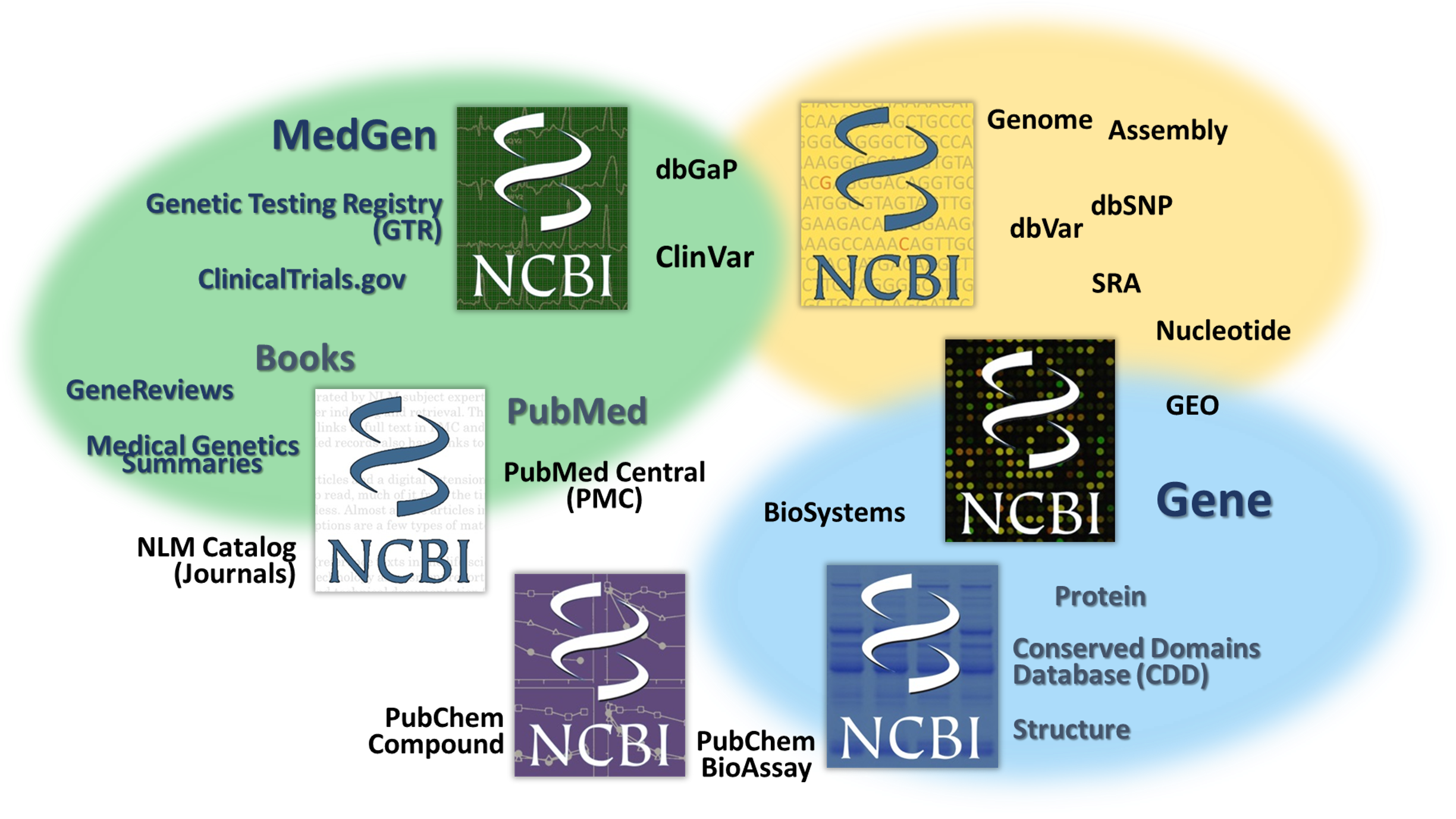Introduction
This session is about integrating all that you've learned with this developing field of clinical/personal genetics....
Personal genetics/genomics-fever has taken over!
<some examples, some really dubious examples>
But seriously folks....
Clinical implementation of genetics and integrated molecular biology are now becoming incredibly important in all sorts of fields of practice!
Why should you, as a new clinican and caregiver, be interested in a person's genomic sequence?
Discovering the existence of a known variant-of-interest can help to:
- validate the diagnosis and may further specify a sub-type of the disorder
- pinpoint the exact molecular and physiological mechanism causing the disorder
- explain observed variability in clinical features or severity of symptoms and speed of disease course.
- select and optimize an effective therapy for a disorder - increasing the likelihood of efficacy while limiting the potential adverse events.
Take-away Message: If you have a person's genetic information - you can treat the specific patient, not the disorder.
From pea plants to punnet squares to actual patient care with big NIH-funded initiatives!
Some revolutionary NIH-funded projects for exploring and applying human genetics to improve healthcare:Undiagnosed Diseases Network - development of systematic approaches to understanding and diagnosing the undiagnosed - Case studies are published online and in peer-reviewed scientific journals
Cancer Moonshot - development of approaches for early detection and targeted drugs, for example the development of companion genetic diagnostics/targeted chemotherapies - NCI Cancer Research Data Commons
Precision Medicine Initiative/AllofUs - a community research program to learn how a person's genetics, environment, and lifestyle can impact human health and determine best approaches for preventing or treating disease - Projects/Use Cases | Research Hub
What does this have to do with the NCBI?
(i.e. why am I here?)
We are a “center” within the NLM responsible for creation, curation and maintenance of medical and scientific databases and other things…

We receive, create, archive & make available biomedical information, as well as perform computational biology & IT systems research… 
We really aspire to help make sense and promote good use of the information!
Because we (NCBI) store and make accessible all of this varied biological and biomedical data, you can easily and quickly access all of those decades of information to help you perform evidence-based clinical practice. ('Ever heard of PubMed? Yeah, that's us too....)
Today, I will show you how you can use NCBI resources to understand what is happening in a patient who has a pathogenic genetic variation and may be exhibiting symptoms of a disorder. In these cases you will also see why knowing the precise molecular issue in your patient may help you be able to really select and optimize a care plan to maximize its effectiveness and minimize adverse effects.
TODAY's SESSION: Understanding the impact of a patient's genetic variation on their biology & health
We will integrate all you have learned so far in the first 2.5 weeks of Foundations of Medicine with real patient cases to understand what is going on in a patient at the molecular level and understand how this relates to their physiology and pathology.
With real-world case studies, you will learn how to:
- Find helpful information about a human disorder starting in the MedGen database
- Learn about an identified genetic variant using ClinVar
- Explore the affected gene and gene product using Gene
- Map the variant onto the gene product’s structure to predict impact on its structure and function
- Use the above information to attempt to understand the patient’s disease etiology
Finally, I've made a bunch of cases available for your own practice and self-assessment - one with guidance and three for you to try out on your own!
Setting Expectations
We're going to cover a lot today.....don't panic!
- I have created almost-a-textbook here for you to be able to access now and use as you move further into your career.
- You do NOT have to memorize anything, nor will you have to replicate or solve case-studies for the exam questions that I've submitted.
- I would like you to know why paying attention to a patient's genetic sequences could be really helpful for your clinical practice and where to find helpful information when you need it!
What we will not cover today, although have provided some helpful reference information.
-
- We will not specifically go over basic genetics or genetic principles.
-
- You should have already heard all about that, but you will using this information!
-
- We will not discuss high-throughput analysis of variants.
-
- Today is about introducing how a particular patient's care might be influenced based on the results of a genetic test result.
-
- We are focusing on human genetic variants, thus will not cover resources to help explain any/all human disorders.
-
- But some people think there is genetic relevance to ANY disease or disorder.
-
- I can't tell you exactly what you will need to know or what to do in your clinical practice.
-
- I'm a PhuD, not a MuD.
- The world of human genetics and clinical practice is rapidly changing, so anything you learn today will be a great help in adapting to the next phases of rapidly advancing knowledge & technology.
-
- We will not specifically go over basic genetics or genetic principles.
Last Reviewed: August 20, 2024

